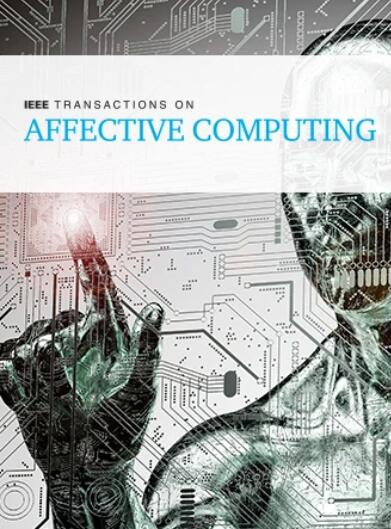RVISA:隐式情感分析的推理和验证
IF 9.8
2区 计算机科学
Q1 COMPUTER SCIENCE, ARTIFICIAL INTELLIGENCE
引用次数: 0
摘要
随着社会对细粒度情感分析的需求不断增加,隐式情感分析由于缺乏表达中的显著提示词而面临巨大挑战。因此,需要可靠的推理来理解情绪是如何被唤起的,从而能够识别内隐情绪。在大型语言模型(llm)时代,编码器-解码器(ED) llm已成为SA应用程序的流行骨干模型,因为它们具有跨各种任务的令人印象深刻的文本理解和推理能力。相比之下,仅解码器(DO) llm表现出优越的自然语言生成和上下文学习能力。然而,他们的回答可能包含误导或不准确的信息。为了通过可靠的推理准确识别内隐情感,本研究引入了一种名为“内隐情感分析推理与验证”(reasoning and Verification for implicit Sentiment Analysis, RVISA)的两阶段推理框架,该框架利用DO法学硕士的生成能力和ED法学硕士的推理能力来训练增强型推理器。该框架包括三跳推理提示,以明确地提供情感元素作为线索。生成的基本原理然后用于将ED法学硕士微调为熟练的推理器。此外,我们开发了一个简单而有效的基于答案的验证机制,以确保推理学习的可靠性。在两个基准数据集上的评估表明,该方法在ISA中达到了最先进的性能。本文章由计算机程序翻译,如有差异,请以英文原文为准。
RVISA: Reasoning and Verification for Implicit Sentiment Analysis
Under the context of the increasing social demand for fine-grained sentiment analysis (SA), implicit sentiment analysis (ISA) poses a significant challenge owing to the absence of salient cue words in expressions. Thus, reliable reasoning is required to understand how sentiment is evoked, enabling the identification of implicit sentiments. In the era of large language models (LLMs), encoder-decoder (ED) LLMs have emerged as popular backbone models for SA applications, given their impressive text comprehension and reasoning capabilities across diverse tasks. In comparison, decoder-only (DO) LLMs exhibit superior natural language generation and in-context learning capabilities. However, their responses may contain misleading or inaccurate information. To accurately identify implicit sentiments with reliable reasoning, this study introduces a two-stage reasoning framework named Reasoning and Verification for Implicit Sentiment Analysis (RVISA), which leverages the generation ability of DO LLMs and reasoning ability of ED LLMs to train an enhanced reasoner. The framework involves three-hop reasoning prompting to explicitly furnish sentiment elements as cues. The generated rationales are then used to fine-tune an ED LLM into a skilled reasoner. Additionally, we develop a straightforward yet effective answer-based verification mechanism to ensure the reliability of reasoning learning. Evaluation of the proposed method on two benchmark datasets demonstrates that it achieves state-of-the-art performance in ISA.
求助全文
通过发布文献求助,成功后即可免费获取论文全文。
去求助
来源期刊

IEEE Transactions on Affective Computing
COMPUTER SCIENCE, ARTIFICIAL INTELLIGENCE-COMPUTER SCIENCE, CYBERNETICS
CiteScore
15.00
自引率
6.20%
发文量
174
期刊介绍:
The IEEE Transactions on Affective Computing is an international and interdisciplinary journal. Its primary goal is to share research findings on the development of systems capable of recognizing, interpreting, and simulating human emotions and related affective phenomena. The journal publishes original research on the underlying principles and theories that explain how and why affective factors shape human-technology interactions. It also focuses on how techniques for sensing and simulating affect can enhance our understanding of human emotions and processes. Additionally, the journal explores the design, implementation, and evaluation of systems that prioritize the consideration of affect in their usability. We also welcome surveys of existing work that provide new perspectives on the historical and future directions of this field.
 求助内容:
求助内容: 应助结果提醒方式:
应助结果提醒方式:


